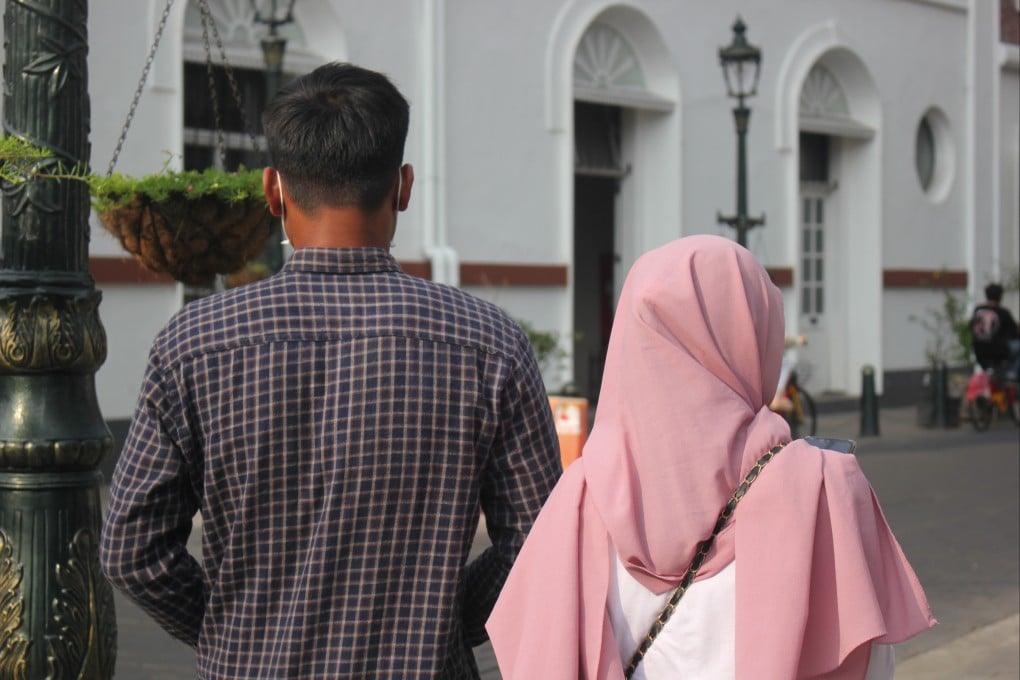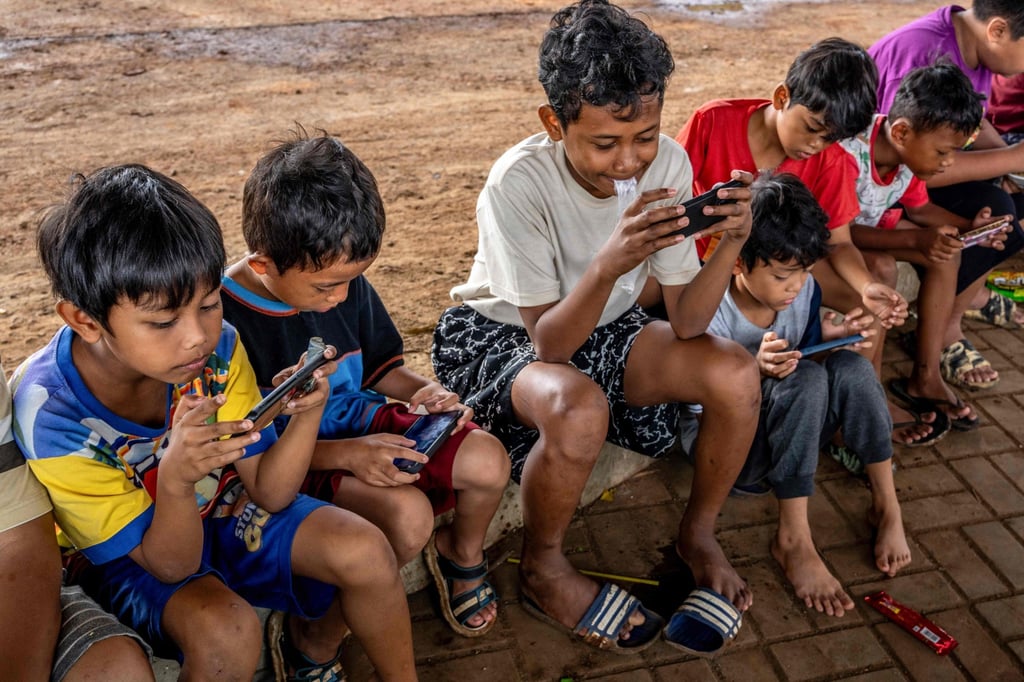In Indonesia, more couples are saying no to children. Why?
With rising costs and changing priorities, more Indonesians are choosing to live childfree – raising some demographic concerns

In a culture where family ties are revered, the decision to remain childfree can feel like swimming against the tide. Dewi, a 37-year-old marketing professional based in Jakarta, knows this all too well.
Married for nearly nine years, she and her husband find themselves frequently fielding curious inquiries about their family plans. “Sometimes these questions come from relatives,” Dewi said, a hint of exasperation in her voice. “Other times, they come from people in our community or even coworkers at the office.”
The pressure to conform to traditional expectations looms large. “Many people do not believe that we don’t want children. They keep asking as if they can convince us,” she told This Week in Asia, asking to be identified only by her first name.
“But of course, we did not make this decision easily. And we will not just change our minds easily also.”

The percentage of married Indonesian women aged 15 to 49 without children rose from 7 per cent in 2019 to 8.2 per cent in 2022, according to surveys conducted by Statistics Indonesia.
